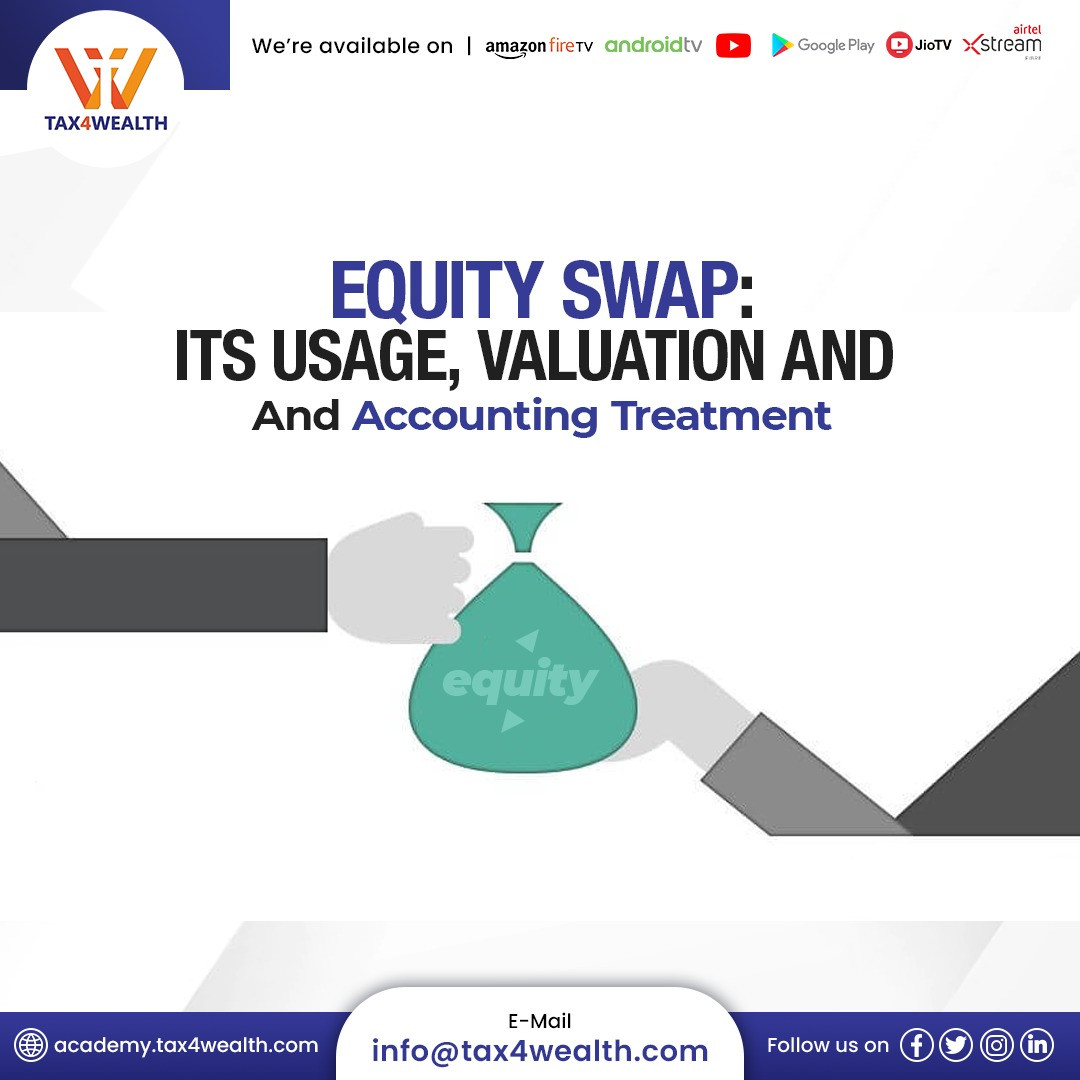
How to Redeem Equity Funds and Avoid Taxation?
The Union Budget 2018-19 provided the provisions for long-term capital gains tax again on the equity-oriented mutual funds. This strategy is a change for the investors who used to deal with the equity funds redemption unit-wise in order to avoid the effect of taxation.
Analysis of Long Term Capital Gain (LTCG) tax on Equity Funds:-
Redemption of equity mutual funds can generate capital gains which will ultimately be subject to tax. The rate of taxes on the capital gains depends on the period of holding of the asset. Here, the term "holding period" refers to the tenure for which investment is made in the equity fund. In case of sale of units of equity funds after 12 months from the allotment date, such holding period will be termed as a long-term period. Thus, the gains made as a result of the sale of units of equity funds that are held for more than 12 months are considered long-term capital gains.
Similarly, the gains made as a result of the sale of units of equity funds within 12 months from the allotment date are called short-term capital gains. In the previous tax regime, the gains made from the sale of units of equity funds after 12 months of holding (long-term capital gains) were not subject to tax. However, after the Budget 2018, the long-term capital gain on equity funds is subject to tax. The said changes resulted in investors looking out for innovative means to tackle the amendments made in the taxation laws of India. However, the long-term capital gains on equity funds can be managed easily by adopting simple methods of taxation.
How are Equity Funds taxed?
The Union Budget 2018 largely emphasized the taxation of equity funds for long-term capital gains. Some of the modifications which were introduced in the Union Budget 2018 are provided below;
1. From the beginning of 1 April 2018, the long-term capital gains exceeding Rs. 1 Lakh sale of equity funds unit will be subject to tax at the tax rate of 10% without getting the advantage of indexation.
2. From 31 December 2018, all the investors will be eligible for exemption on the capital gains earned. However, it is to be noted that the capital gains that are earned after the above-mentioned cut-off dare will be subject to tax under the income tax law.
Long-term capital gain can be computed with the subtraction of the cost of acquisition from the selling price of the equity fund units. The same can be better explained with the help of an illustration.
Illustration:-
Ravi invested Rs 3 lakh in an equity mutual fund on 3 September 2016. The net asset value (NAV) of the equity fund is Rs 50. He got 6000 units of the equity fund. On 9 August 2019, Ravi redeemed all the units of the equity fund.
The Net Asset Value as on 31 January 2018 = Rs 60
The investment amount = Rs 60 * 6000 = Rs 3, 60,000
The Net Asset Value as on 09 August 2019 = Rs 80
Ravi's Amount of investment = Rs 80 * 6000 = Rs 4, 80,000
The capital gains value that is subject to taxation = Rs 4, 80,000 – Rs 3, 60,000 = Rs 1, 20,000.
Here, Ravi has managed to get Rs. 1 lakh exempted from the long-term capital gain tax per year. Ravi has to pay a long-term capital gain of only Rs. 20,000 at the rate of 10% per annum comes to Rs. 2000.
Management of Long Term Capital Gain Tax on Equity Funds:-
The imposition of the tax on long-term capital gains (LTCG) on equity-oriented funds must not deter a taxpayer from investing in equity mutual funds. A taxpayer can still build wealth and make good investments without any stress on the tax aspect. A taxpayer can minimize the tax on the returns obtained from the long-term capital gain depending on the ways in which equity mutual fund unit he is investing. The following are some of the tips on how; a taxpayer can face the challenges of tax aspects on investment in the equity mutual funds;
1. Ensuring a complete and thorough understanding of the scheme of the equity fund prior to making any decision on investment. The same will prevent the investor from sticking to the incorrect equity funds so that there will be no unplanned exits that will be subject to tax. Analysis of the funds both in terms of quality and quantity is required. In case the taxpayer is finding it difficult and challenging with regard to making a correct decision and choice, then in that case consultation with a professional financial advisor must be done in order to minimize or reduce the probability of incurring losses in the near future.
2. Avoidance of unnecessary and frequent selling and buying of equity funds units. Investment in the equity funds must be taken care of considering the long-term investment.
3. Selection of the equity funds having a good track record of performance as compared to others for the longest period of time i.e. at least for the last five years. It will make sure the equity funds have overcome the challenges of the markets and faced the lows and highs of the market.
4. Considering the upper limit of tax exemption for the long-term capital gains exceeding Rs. 1 lakh annually. Making the best use of the upper limit in an effective manner by selling the equity funds which is not meeting the estimated expectation.
5. Investment in equity funds considering the overall financial planning aspect. The timing of the entry and exit must be according to the personal goals and horizons of investment.
Under day-to-day conditions, the equity investment can be provided better inflation-adjusted performance in long term. Also, with the high rate of taxes, the performance of the equity funds is far better as compared to the debt funds.
For more information, Visit us at: https://academy.tax4wealth.com/
Related News
No comments yet, Be the first to comment.













